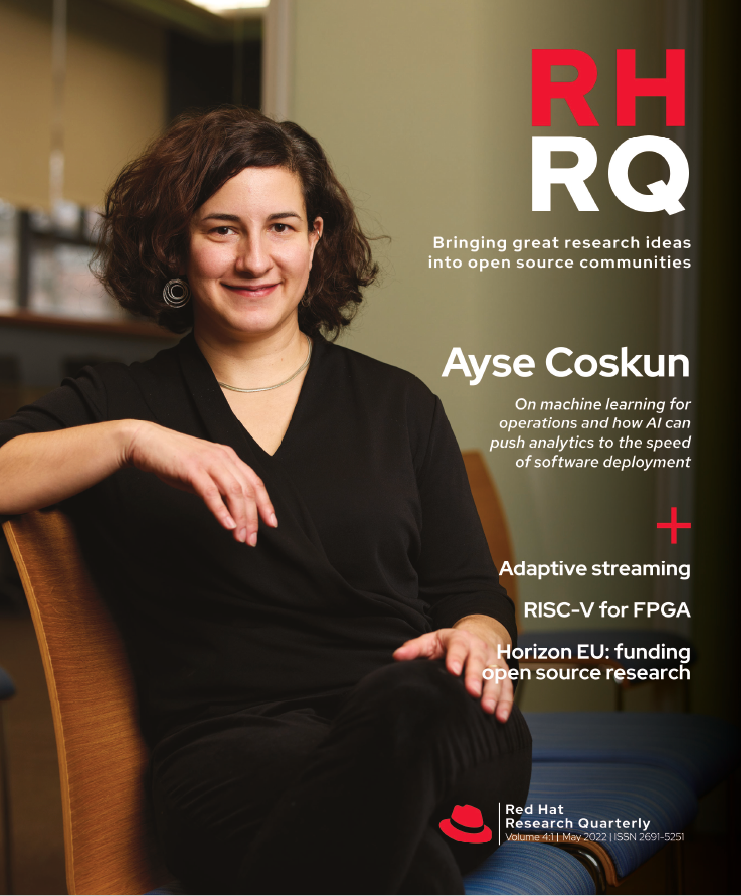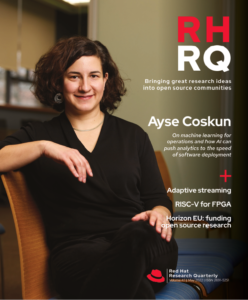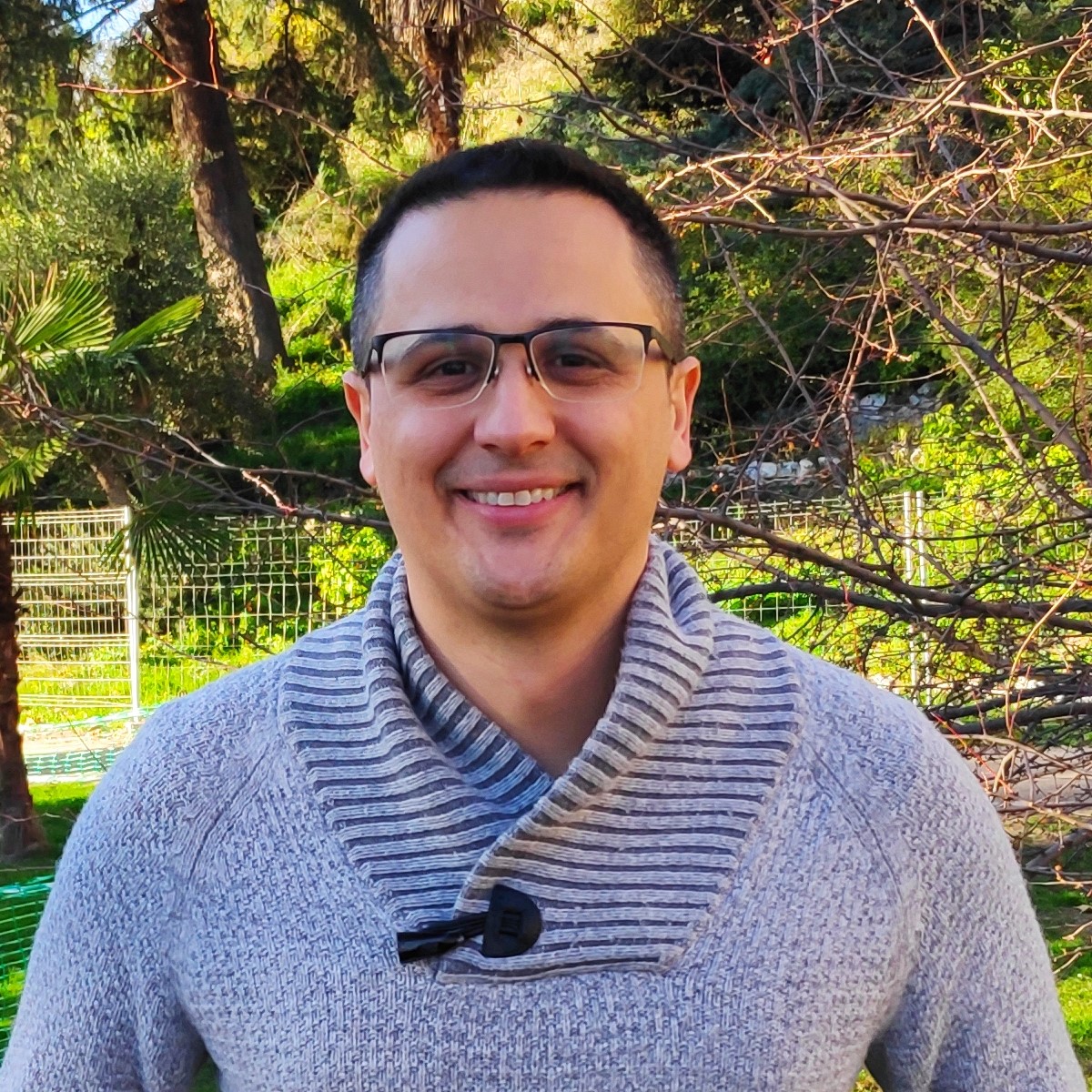Researchers, students, and software engineers all have something to gain and something to give when checking out research interest groups.
I was going through my coat pockets recently and found an old pair of Red Hat sunglasses. The plastic shade part of the sunglasses had popped out on one side, so if you put them on you got two very different views of the world at once.
The Research Interest Groups (RIGs) at Red Hat are like that. Within the framework of a regular discussion group, we are able to share many different views of technology and our place in that world, combining them into shared efforts to advance research and development around the globe. Sometimes in order to see more clearly, you need to shake up your usual way of looking at things, and the RIGs are a good place to do that.

The RIG idea started out a few years ago as a monthly meeting of Red Hat associates, students, and academic researchers in the Boston area, sharing updates on their existing projects and talking about ideas for new efforts they would like to start. Soon, we found there were many other researchers and Red Hatters who wanted to join the conversation, so we expanded to include researchers from all over the United States, changing the name (with characteristic Boston reserve) to the Greater New England RIG.
RIG meetings moved to open video conferencing, with topics that ranged from open FPGA programming demonstrations on how to detect fruit in live video, to using fuzzing to find OS software errors, to using AI in cloud operations. Students presented final research topics and theses. Researchers from US universities sought out collaborators, and Red Hat sponsored new academic projects encouraged by the RIG. Student projects to customize Fedora for daily student use and to experiment with building applications on Raspberry Pis were founded and became repeat campus offerings. Greater New England RIG meetings are open to all curious researchers, Red Hatters, and students, and are announced in the Events section of research.redhat.com. Presentations, notes, and videos from past meetings are also shared on the Greater New England RIG page of the Red Hat Research website.
Sharing ideas in a RIG went global in 2021 with the establishment of the Europe RIG. Born in the Covid era, the Europe RIG filled a need to bring together researchers from multiple countries around Europe and Israel to discuss research ideas and collaborations when there were very few opportunities to meet in person. The Europe RIG investigates opportunities for joint proposals to EU research organizations and shares ongoing research projects in areas such as remote sensing, operating systems, security, and cloud computing. Although each RIG focuses on a particular region to keep the live discussion at reasonable times, all the RIG discussions are shared and incorporated into Red Hat Research’s long-term planning. You can join the Europe RIG by contacting Martin Ukrop.
Each RIG fosters research that aligns with Red Hat’s technical direction and open source mission while maintaining a distinct regional character. The RIGs also strengthen academic and research partnerships, such as the Red Hat Collaboratory at Boston University. They provide an opportunity for established researchers to introduce people with industry experience to their projects, and for students to share results from their own real-world research projects and contributions to upstream code development. Through internships and sponsored projects, students gain valuable experience that gives them a view of both academic and industry research communities and helps them find their place. Red Hat associates gain valuable new insights from researchers and students and a broader view of open source opportunities.
The Red Hat Research group welcomes your participation and new ideas for projects. We hope to see RIGs forming in new regions soon, and we look forward to a future so bright we gotta wear shades!













